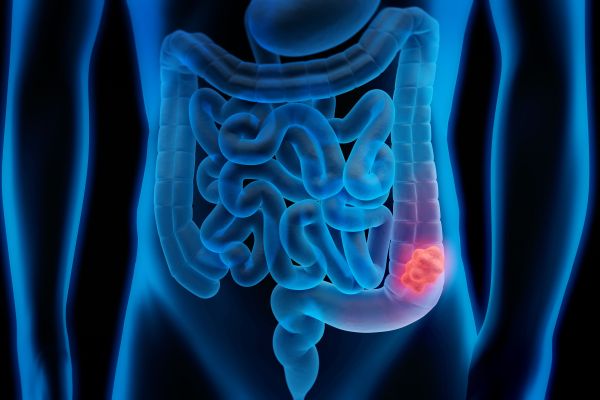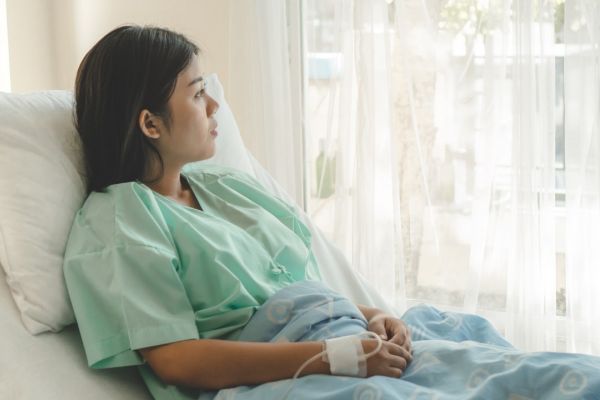That’s a good question, and one that’s worth taking some time to investigate, according to Katherine Latina, MS, CGC, genetic counselor at Roswell Park Comprehensive Cancer Center. “Any cancer diagnosed in a person younger than 50 is oftentimes enough to get our wheels turning to say, ‘Could there be an underlying genetic cause?’”
While some cancers, such as cervical and testicular cancer, ordinarily affect younger people, a diagnosis of breast, ovarian, colon, kidney or uterine cancers occurring in a person younger than age 50 would be considered “early-onset.” Are all early-onset cancers caused by an inherited genetic flaw? No, but it is more likely. Generally, only about 5 to 10% of cancer diagnoses are traced to an inherited factor or gene mutation, but in the young adult (ages 18-39) population, experts say it’s likely higher.
Does it matter what caused the cancer?
Sometimes it does. Knowing if your cancer is caused by an underlying genetic condition can be helpful for several reasons, including determining your treatment options. “If we know what genetic factors are really driving a cancer, it sometimes gives us a target to customize treatment toward that and get the best outcome,” says Latina. “Physicians can choose specific chemotherapy drugs or other therapies based on that knowledge.”
In addition, knowledge of a genetic link provides an opportunity to be more proactive and preventive in your screening. “With genetic syndromes, we often see other cancers running alongside,” says Latina. “Knowing this allows us to start screening you and others in your family (such as your children) at earlier ages, or we can use different screening options such as MRI in addition to mammography.”
For example, colon cancer in a person younger than 50 raises a red flag that the patient could have a genetic condition called Lynch syndrome. But Lynch syndrome is also linked with several other cancer types – uterine, ovarian and stomach cancer. “We oftentimes see these different cancers clustering together within a family or even in the individual. Genetic conditions can be passed from generation to generation and can sometimes impact young children. Knowing up front can be helpful for a child’s pediatrician to make sure they’re being followed appropriately.”
Young Adult Program at Roswell Park
Find out more about the services provided by the Young Adult program.
Should I have genetic screening?
Not every cancer in a young adult warrants genetic testing, and some patients would rather focus on their health now rather than worry about what may be down the road. “I always emphasize that genetic testing isn’t mandatory,” says Latina. “But it can be nice to have the conversation with a genetic counselor to hear the pros and cons before committing to any testing." Other red flags that suggest you should speak with a genetics counselor include:
- Multiple individuals in your family with the same or related cancers (e.g., breast and ovarian; or colon and uterine cancers)
- Early age diagnosis of cancer (younger than 50)
- More than one primary cancer in an individual (two or more new cancers, not one that has spread)
- Occurrence of a rare cancer (e.g., ovarian cancer or male breast cancer)
- Occurrence of cancer in a person not exposed to a known risk factor for that cancer
- Existence of a cancer gene mutation in the family
Schedule an appointment with a genetics counselor to learn whether genetic testing is right for you.



